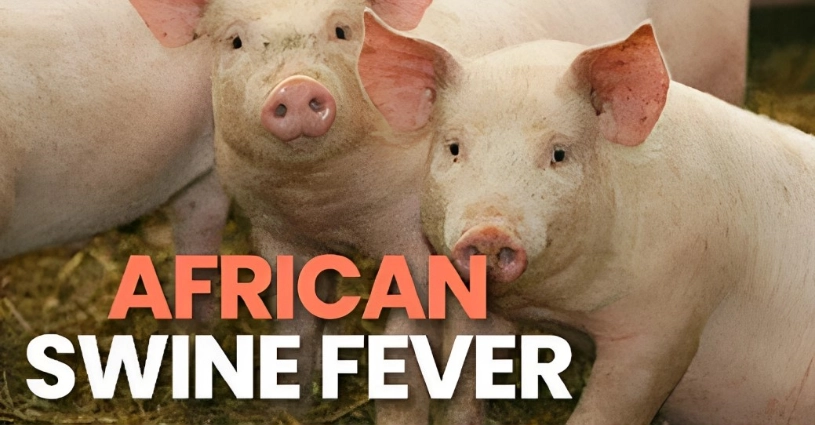African swine fever (ASF) has raised awareness of its presence in Manipur, by raising concerns about its potential risks to humans and the region’s pork industry. Let’s delve into the details of this epidemic, what it means and how the government reacted.
To decode the African swine fever, affected areas, government measures and precautions you need to keep reading……
Decoding African swine fever
African swine fever is a highly contagious virus that affects domestic wild pigs, with mortality rates that can reach 100%. The disease has been detected in many countries in the Asian, Caribbean, European and Pacific regions, affecting large numbers of pigs.
Affected areas in Manipur
The epicenter of the ASF epidemic in Manipur is in Iroisemba area of Imphal West. Some officials that are 10 kilometers far from the affected district are monitoring the situation closely to prevent further spread.
Government policies and guidelines
The Department of Animal and Veterinary Affairs has issued a series of guidelines in response to confirmed human cases of African swine fever in Manipur. These measures are designed to target the spread of ASF and reduce its impact on the region.
Precautions to prevent the spread of ASF
Drastic measures have been implemented to stop the spread of African swine fever:
• Prohibition of movement of pigs (live or dead) in and out of Imphal West.
• The sale and transportation of pork in the affected area is prohibited until further notice.
• Cull all infected animals following standard procedures.
• Cleaning and restricting the use of tools, equipment and vehicles on farms with infected or suspected swine.
Impact on livestock and agriculture
The outbreak of African swine fever not handiest threatens the swine population but also poses a sizable hazard to the livelihoods of these worried inside the red meat enterprise and agriculture. Preventative actions are crucial to shield the location's economic system and ensure food safety.
The Government authorities’ set off reaction and stringent measures that are essential in controlling the spread of the disease and safeguarding both public health and the cattle industry.
Staying informed and following recommendations is essential to fight this viral hazard correctly.
